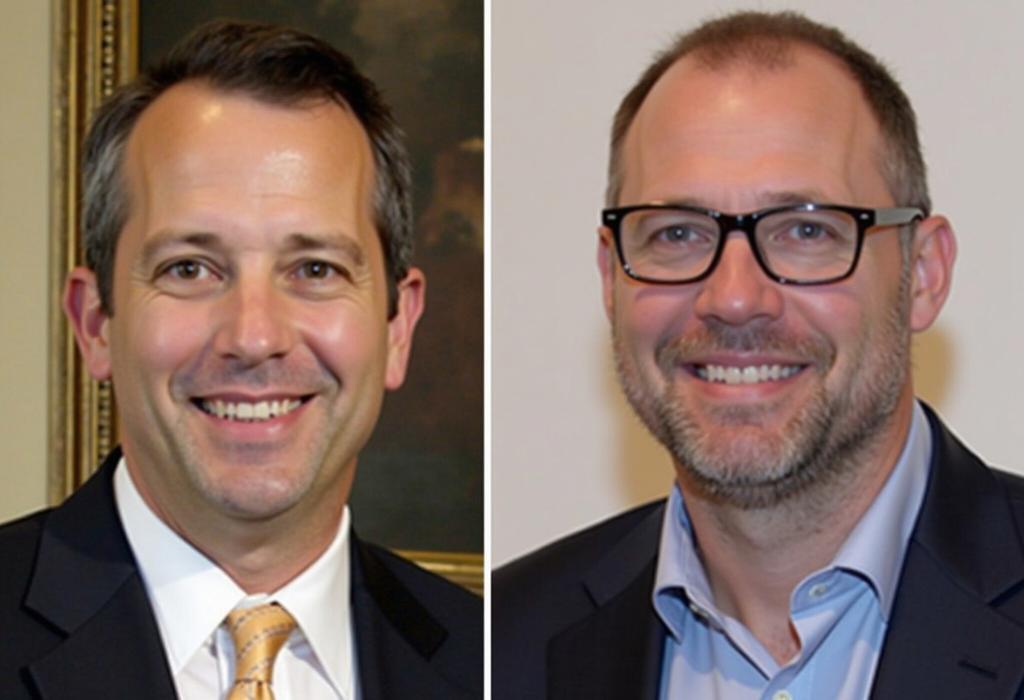In a significant escalation of his ongoing campaign against perceived adversaries, President Donald Trump has issued memoranda directing the Justice Department to investigate two officials from his former administration—Miles Taylor and Chris Krebs—and strip them of their security clearances. This move underscores Trump's broader strategy to retaliate against those who have dared to oppose him, including law firms connected to investigations that have scrutinized his actions.
Miles Taylor, a former senior official at the Department of Homeland Security who gained attention for his anonymous New York Times op-ed and subsequent book criticizing the Trump administration, finds himself at the center of this unfolding drama. Moreover, Chris Krebs, who served as the director of the Cybersecurity and Infrastructure Security Agency, has similarly become a target due to his declaration that the 2020 election was secure—an assertion that angered Trump, who still falsely claims electoral fraud.
Trump’s characterization of Taylor as ‘like a traitor’ and accusations of treason echo the heightened tensions surrounding dissent and accountability in governance. Taylor's rebuttal, asserting that dissent should not be equated with treason, reflects a critical moment in the American political landscape where the lines between loyalty and criticism blur dangerously.
It is worth noting that Trump's actions have drawn criticism not only from former administration officials but also from legal experts. David Becker, a former Justice Department lawyer, highlighted the absurdity of a sitting president investigating his own appointees, emphasizing that the integrity of the election process was maintained largely due to the workings of a secure electoral system.
As the situation unfolds, analysts and commentators alike speculate on the implications of this move: Is it a strategic ploy to rally support among his base by vilifying former officials, or does it indicate a deeper authoritarian inclination within his administration? Moreover, the impact on law firms such as Susman Godfrey, which Trump has targeted for representing clients like Dominion Voting Systems, raises further questions about the chilling effects of this approach on legal practices and principles of justice.
Reflecting on the current atmosphere, one cannot help but consider the historical precedents for such escalations. The dynamics of governance under Trump reveal an ongoing struggle over the very principles that define American democracy: accountability, dissent, and the rule of law. As these issues come to the fore, it is imperative for stakeholders, including ordinary citizens, to remain vigilant in safeguarding these foundational elements against any encroachment.
This article and analysis have been reviewed by artificial intelligence to ensure clarity and comprehensive understanding of the intricate political maneuvers at play.
AD
AD
AD
AD
Bias Analysis
Bias Score:
75/100
Neutral
Biased
This news has been analyzed from 18 different sources.
Bias Assessment: The bias score is high due to the emotionally charged language used to describe Trump’s actions and the framing of dissent as a noble cause versus his administration's punitive measures. The narrative leans heavily towards criticism of Trump’s administration while portraying critics in a positive light, suggesting a strong editorial stance against the actions taken by the president.
Key Questions About This Article




